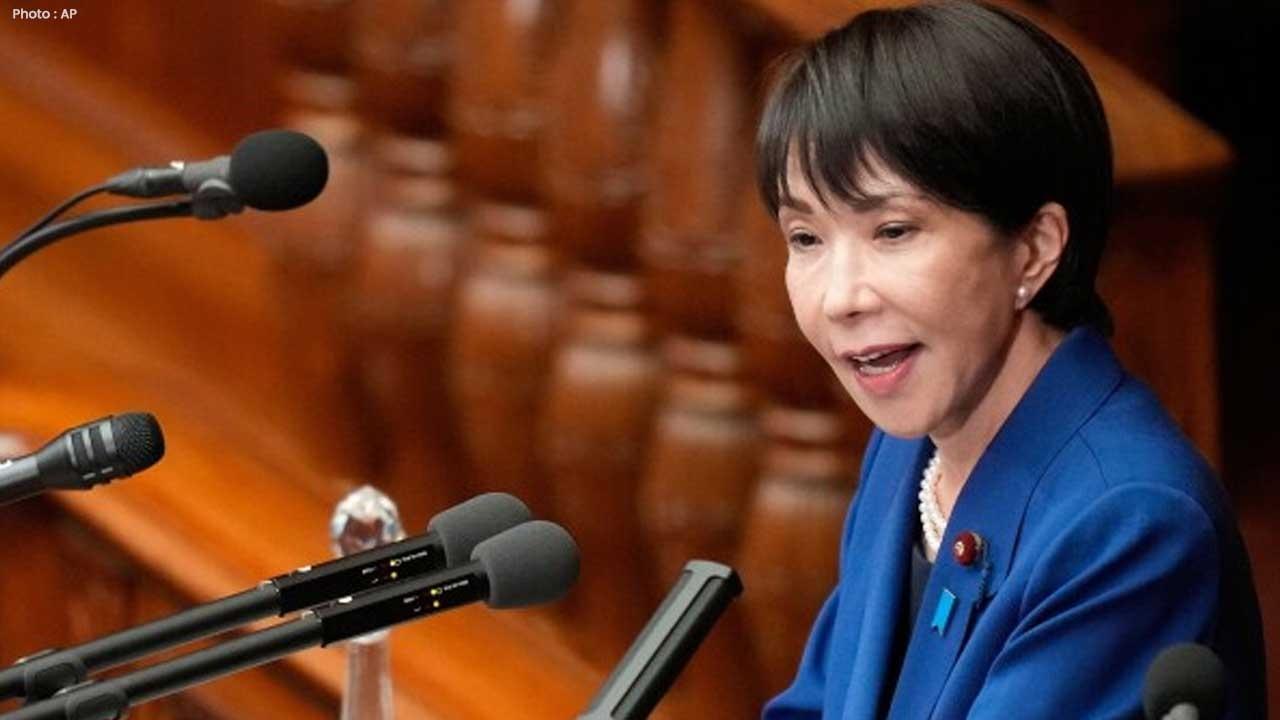
Post by : Raina Al-Fahim
Tokyo: In her early days in office, Japan's Prime Minister Sanae Takaichi is encountering significant diplomatic hurdles, trying to balance ties with the United States, China, and neighboring nations. Her first week features pivotal discussions, including U.S. President Donald Trump’s visit to Tokyo and summits in Malaysia and South Korea.
With limited international experience, Takaichi is rapidly establishing her foreign policy goals. Her agenda kicks off in Malaysia for talks with Southeast Asian leaders, proceeds with Trump’s Tokyo engagement, and crescendos at the Asia-Pacific Economic Cooperation (APEC) summit in South Korea.
China's lack of congratulations for Takaichi hints at hesitation, particularly given her staunch support for military enhancement and right-wing perspectives regarding Japan’s wartime legacy. Observers note that leaders Xi Jinping and Li Qiang have chosen not to extend immediate congratulations, contrasting sharply with the congratulations given to her predecessor.
In a recent speech to parliament, Takaichi committed to ramping up Japan's defense spending to 2% of GDP, aiming to reach this target by 2027. She cited regional threats from China, North Korea, and Russia as justifications for a more robust military strategy. Such a move could resonate positively with Trump, who has consistently urged allies to enhance their defense contributions.
Takaichi is expected to emulate former Prime Minister Shinzo Abe by utilizing her political relationships and experience to foster trust with the U.S. while navigating sensitive relations with China.
The new Prime Minister has previously visited Yasukuni Shrine, which commemorates Japan's wartime leaders, attracting criticism from both China and South Korea. Analysts believe she may avoid visits to the shrine during her tenure to prevent diplomatic disputes while catering to her conservative support base.
“Creating a diplomatic incident in her inaugural year would be unwise,” remarked Gerald Curtis, a Japanese politics expert at Columbia University. Chinese scholars also indicate that achieving stability requires careful management, citing Abe's ability to balance military collaboration with measured engagement with China.
As Takaichi strives to fortify the U.S.-Japan alliance, she must contend with challenges from China, where past remarks and military plans could escalate concerns. Analysts foresee a rise in tensions over security in the region and historical narratives, despite Takaichi’s public commitment to stabilizing relations with China.
Moving forward, Prime Minister Takaichi must exhibit diplomatic acumen, striking a balance between Trump's expectations, regional solidarity, and China’s skepticism, all while at the helm of a nascent coalition government. Her early moves in foreign policy may set the tone for Japan's strategic strategy in the Indo-Pacific for the foreseeable future.
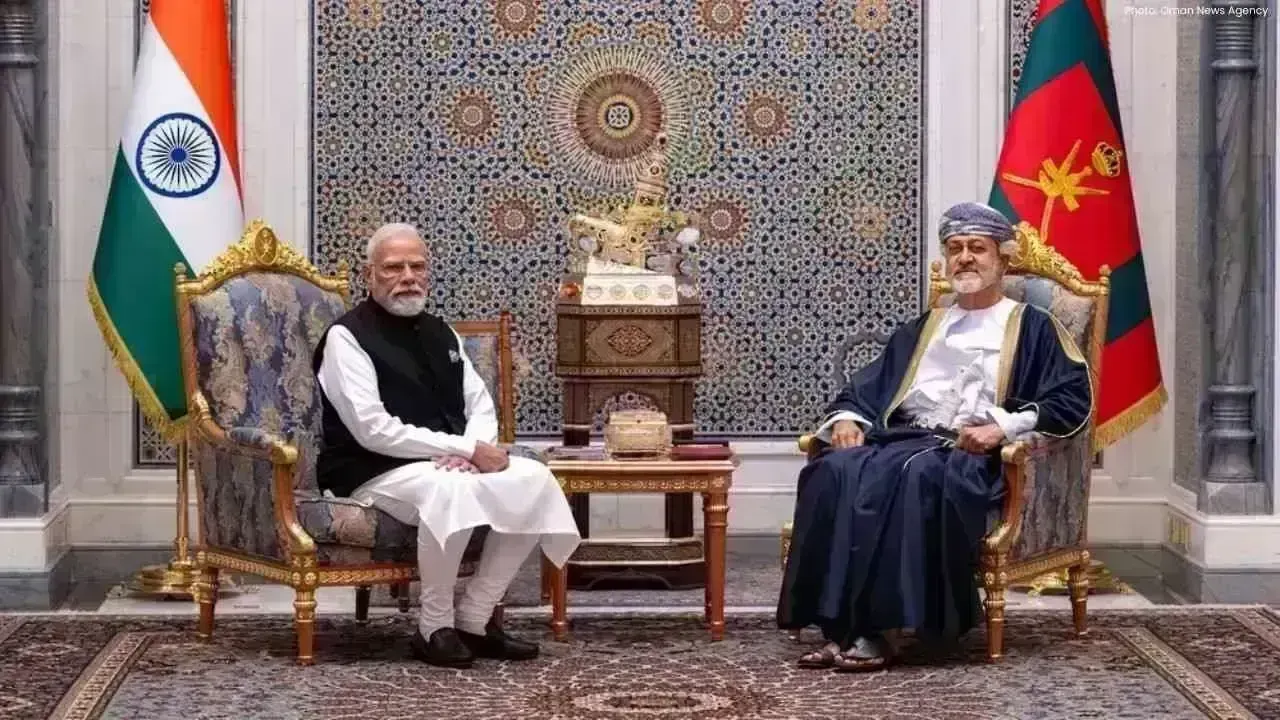
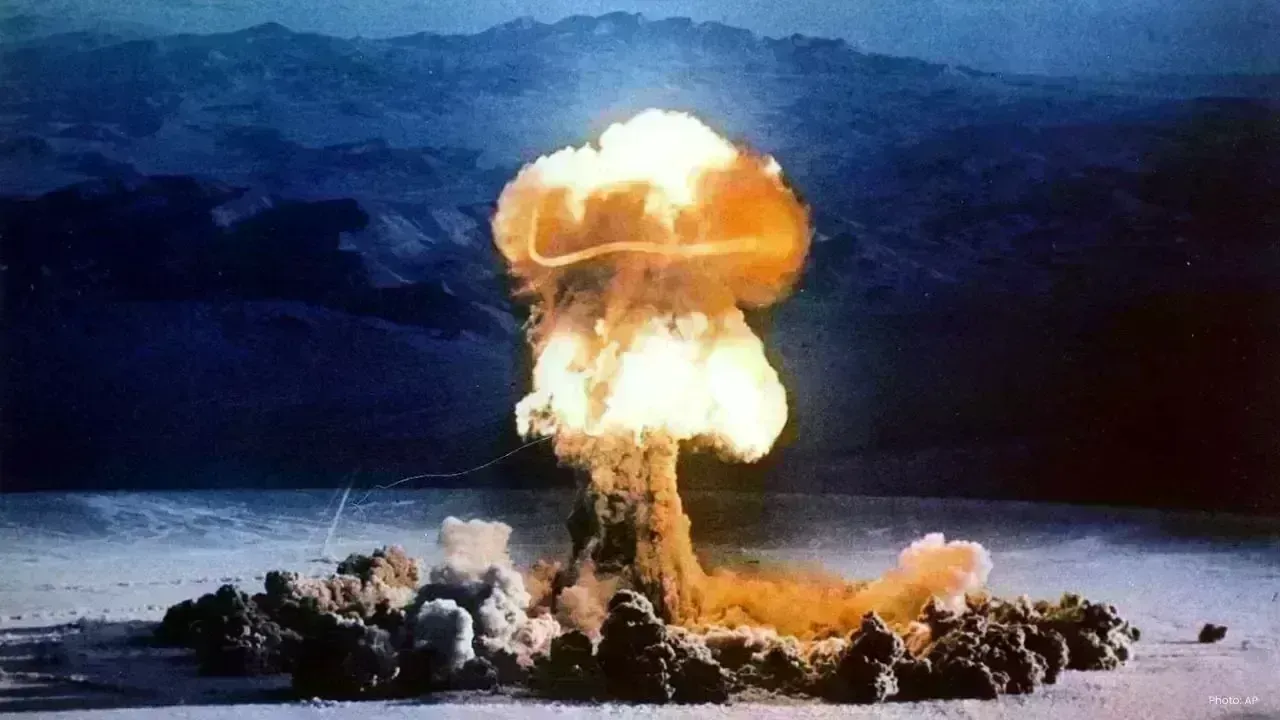

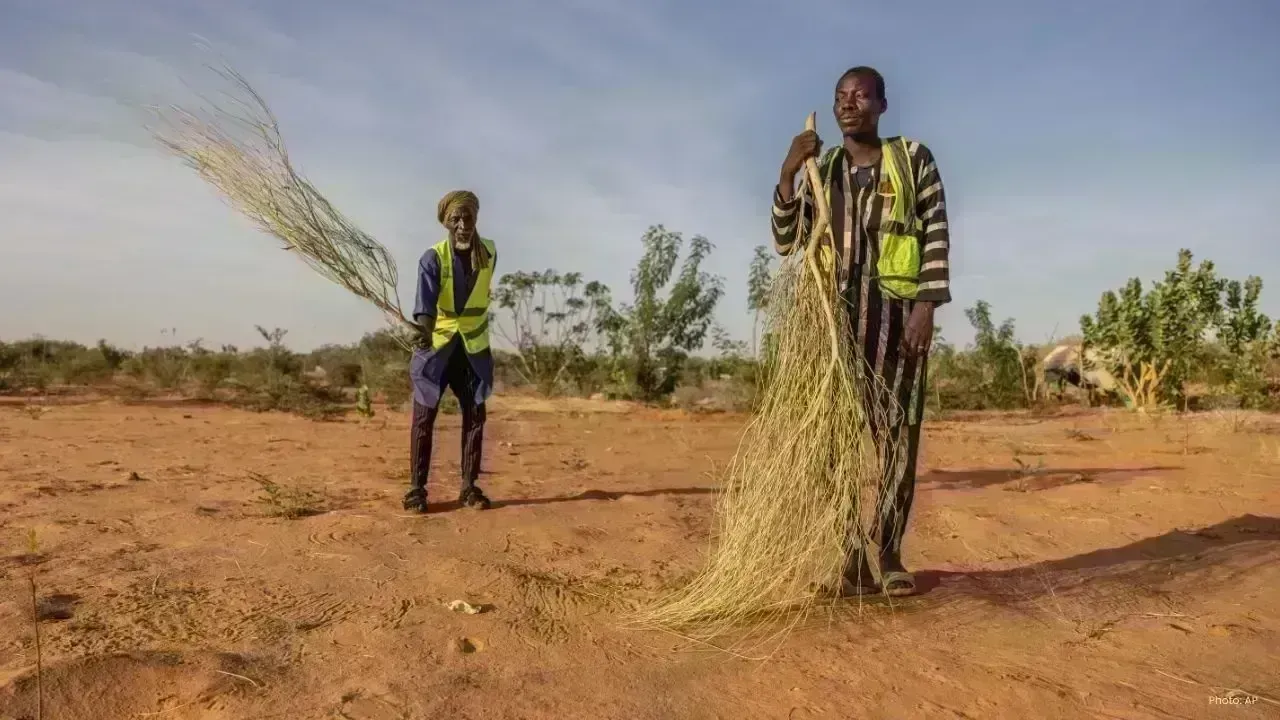



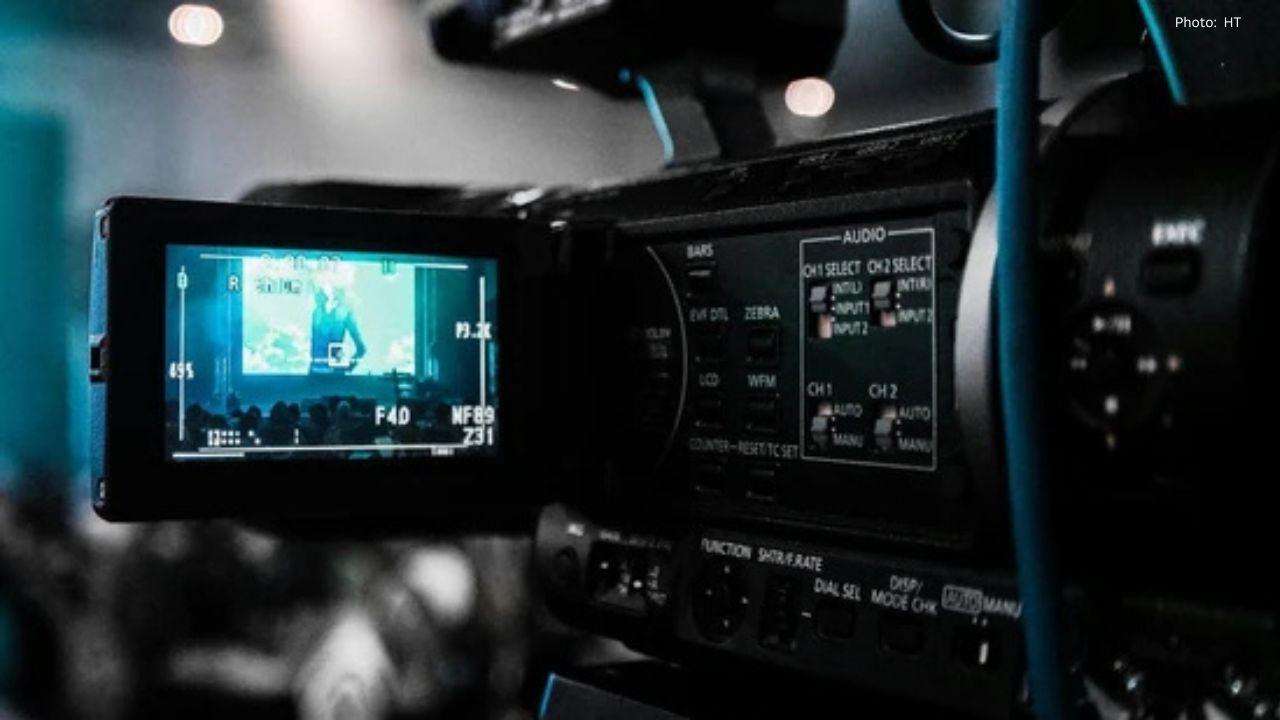


Globe Soccer Awards 2025 Finalists Include PSG and Cristiano Ronaldo
GLOBE SOCCER Awards 2025 finalists are out after 30 million fan votes, with PSG stars, top clubs and

Google Gemini Web App Adds Opal Tool for Building Mini AI Apps
Google adds Opal to Gemini web app, letting users make mini apps called Gems using simple prompts wi

Shraddha Kapoor Praises Crew Behind Dhurandhar Film Success
Shraddha Kapoor praises the unseen technicians of Dhurandhar, lauds director Aditya Dhar, and calls

Truecaller Launches Free AI Voicemail with Spam Protection for Android
Truecaller launches free AI voicemail for Android in India with instant transcription, spam protecti

FIFA Confirms First Women’s Club World Cup Scheduled for 2028
FIFA announces the first Women’s Club World Cup in January 2028 with 16 teams, group stages, and glo
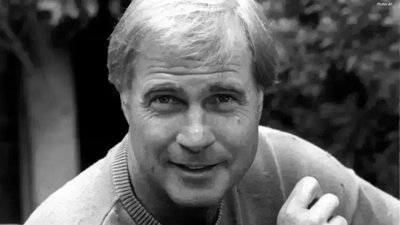
Buck Rogers Star Gil Gerard Dies at 82 After Cancer Battle
Gil Gerard, famous for playing Buck Rogers, has died at 82 after cancer. He was known for his sci-fi